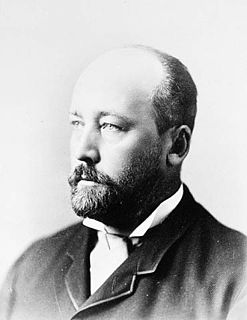A Quote by Ben Okri
'The Rime of the Ancient Mariner' had a formative effect on me. I think it's one of those works that if you encounter it very early you're doubly enchanted by the beauty of the language and the strangeness of the vision. It stays with you.
Related Quotes
As I read 'The Infinities', with its magical, playful richness, its sensuous delight in the power of language to convey the strangeness and beauty of being human, I wondered if J. M. Coetzee, with his bleak, pared-down, elemental view of the world, had ever read a Banville and, if he had, whether he had envied him his astonishing powers.
The Lampoon was definitely quite formative. You know there's a crazy like kind of network of comedy writers from The Lampoon that are, that kind of you know like Seinfeld and The Simpsons and a lot of shows kind of had a lot of kind of Lampoon writers and so that was very formative. I mean, to me I got interested in comedy writing at an early like reading like Dave Barry.
Whether it's a pebble in a riverbed or a soaring mountain peak, I see everything in the world as the handiwork of the Lord. When I paint, I try to represent the beauty of God's creation in my art. Many modern painters see the world as a jumble of random lines and shapes with no divine beauty or order, and their works reflect their viewpoint. Because I see God's peacefulness, serenity, and contentment, I work to capture those feelings on the canvas. My vision of God defines my vision of the world.
The mathematics is the odd one, odd because I'm not sure how to measure its effect. It is so fundamental to my outlook on everything and yet I'm not even sure how. It must be because in my formative years it was everything to me, the single place of beauty in my life, and of breathtaking beauty at that. I still believe that pure mathematics is the most creative thing that humanity does, though I am no longer a part of it.
I think the thing is that you're very affected by your early life, and I think that if you ever had that feeling of outsider, or loneliness or whatever, it just doesn't leave you. You can be happy and successful, whatever, but I think that thing stays inside of you. It doesn't ever really leave you. You kind of always will have that.







































